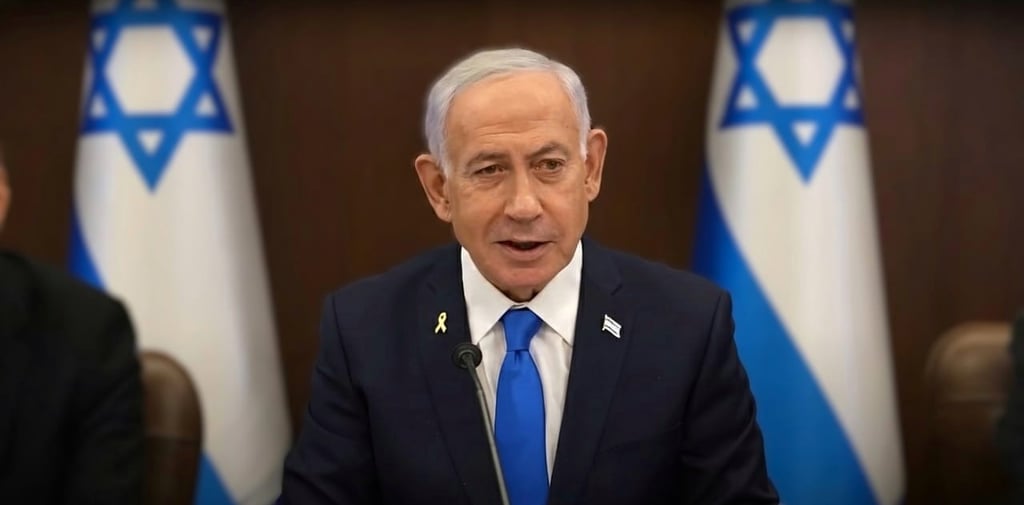Israel to Decide Which Foreign Forces Can Enter Gaza — Netanyahu Declares Full Security Control
Netanyahu says Israel will decide which foreign forces can enter Gaza, rejecting Turkey’s role to maintain complete control over national security.
Raja Awais Ali
10/26/20252 min read


Israel to Decide Which Foreign Forces Can Enter Gaza — Netanyahu Declares Full Security Control
Israeli Prime Minister Benjamin Netanyahu announced on October 26, 2025, that Israel will have the exclusive right to decide which foreign or international forces can enter the Gaza Strip. Speaking during a high-level cabinet meeting in Jerusalem, Netanyahu made it clear that Israel will not allow any external interference that could compromise its national security or sovereignty.
Netanyahu stated, “We are the guardians of our own security, and only Israel will decide which international forces are acceptable in Gaza.” His comments came after reports that the U.S. administration suggested exploring the idea of a multinational peacekeeping force in Gaza to help maintain peace and stability after ongoing ceasefire efforts. The proposed coalition reportedly includes countries such as Egypt, Indonesia, and Qatar, which would oversee humanitarian aid, reconstruction, and the prevention of militant resurgence.
However, Netanyahu strongly rejected the inclusion of Turkey, labeling Ankara “unacceptable” because of its continuous criticism of Israel’s military actions and political stance in Gaza. According to Israeli officials, Turkey’s participation would not be “neutral” and could undermine Israel’s objectives in ensuring long-term peace and security.
Sources close to the Israeli cabinet said that Netanyahu’s position was discussed with Washington, and the U.S. expressed support for Israel’s right to decide on any international forces entering Gaza. This means no country can deploy troops or peacekeepers in the region without Israel’s explicit consent.
Analysts say this move gives Israel veto power over any potential peacekeeping coalition and ensures that its border and defense policies remain uncompromised. The policy also reflects Netanyahu’s intent to maintain total security control in Gaza even after the war, preventing any group or nation from challenging Israeli authority.
Critics, however, warn that the decision could create diplomatic friction, especially with Muslim-majority countries like Turkey and Indonesia, which have voiced strong opposition to Israel’s ongoing operations in Gaza. International observers fear that Israel’s strict stance could make post-war peace efforts more difficult and delay humanitarian recovery.
Despite criticism, Israeli officials argue that such control is necessary to prevent militant groups such as Hamas from re-establishing bases in Gaza. Netanyahu’s administration believes that only through complete Israeli oversight can long-term stability and peace be achieved in the region.
As of now, the U.S. and Israel are working on a joint framework to define the terms under which foreign forces may enter Gaza. The agreement, expected to be finalized in the coming weeks, would grant Israel the final say in every aspect of post-conflict governance and security management.
This declaration marks another turning point in Israel’s policy toward Gaza. By asserting exclusive authority over which nations can operate inside the territory, Netanyahu has reaffirmed his country’s determination to remain the sole decision-maker in Gaza’s future security structure. While the international community urges for a balanced approach, Israel’s message is clear — its security will not be negotiated.
Stay informed with the latest national and international news.
© 2025. All rights reserved.